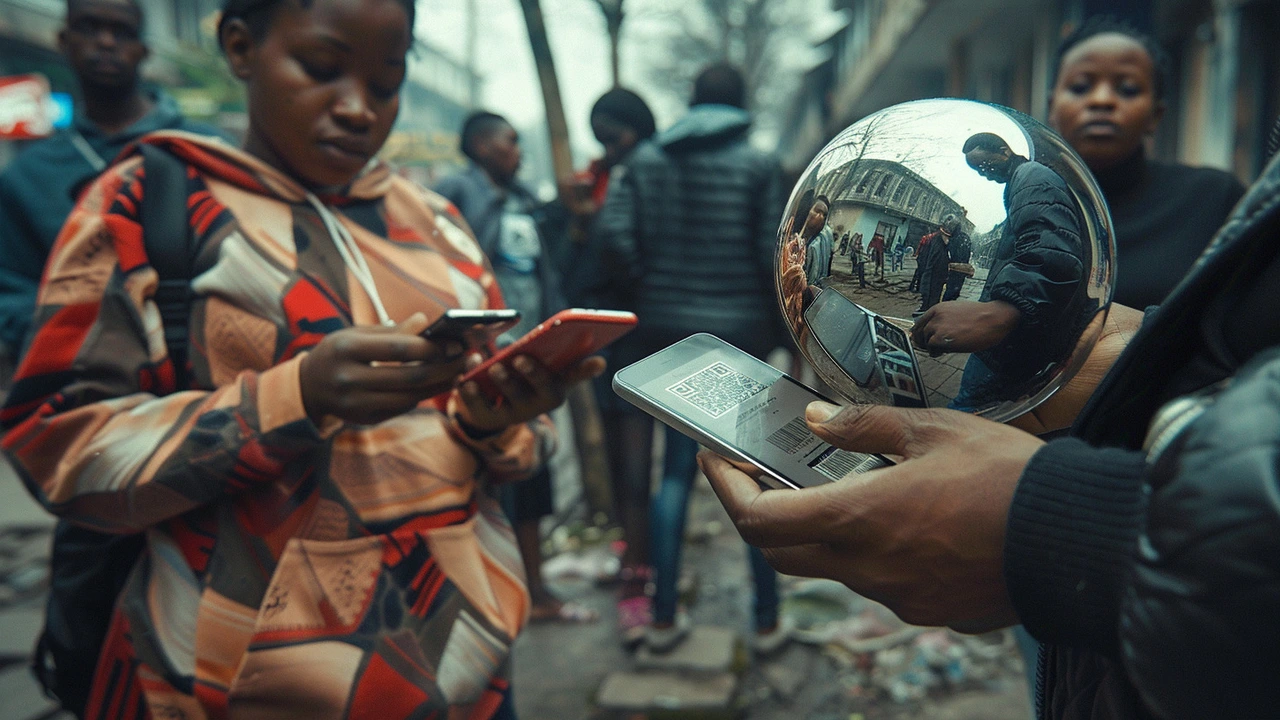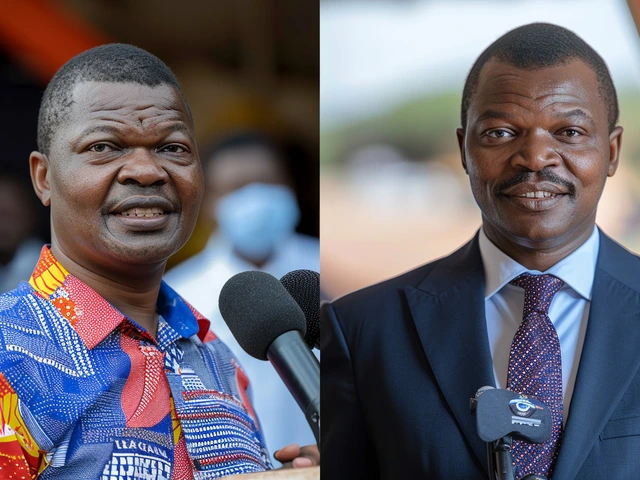Worldcoin: What it is, why people care, and what to watch
Heard about that shiny metal "Orb" that scans irises and gives crypto? That’s Worldcoin. It promises a new digital ID and a token called WLD, and it has sparked real excitement—and real worry—around the world, including across Africa.
What Worldcoin does and how it works
Worldcoin aims to prove a person is unique without traditional ID by using a biometric scan of the iris, taken by a handheld device called an Orb. After a scan, a person can get a World ID and access the WLD token or services tied to that identity. The pitch: simpler onboarding for online services, fraud reduction, and a new way to receive digital payments.
Behind that pitch is tech and money: the project has ties to prominent tech founders and crypto investors, and it launched token distributions to attract users. That’s partly why coverage spikes fast whenever Worldcoin announces a new country rollout or regulatory update.
Main concerns you should know
Biometrics are permanent. Unlike a password, you can’t change your iris. That raises questions about who stores the biometric data, how long it’s kept, and how it could be used later. Regulators and privacy groups in several countries have raised these exact concerns.
Consent and clarity matter. Some people report not getting plain, local-language explanations before scans. Always ask where your data goes, who can access it, and whether you can delete it later.
Tokens and speculation are risky. WLD and similar tokens can swing in value and attract scams. If you don’t understand crypto wallets, avoid moving money in and out until you’re confident.
Local rules vary. Some governments have welcomed Worldcoin trials, others have launched investigations or asked for clearer safeguards. Watch for updates from your country’s data protection authority.
Security hygiene still applies. Scanners, phones, and sign-up booths can be targeted by fraudsters. Don’t hand over identity documents or passwords to strangers, and verify staff IDs when signing up in person.
Want to try it? Consider a few checks first: read the privacy notice in your language, ask where the data is stored, and confirm who controls deletion. If the answers are vague, step back.
How to follow reliable updates: track official Worldcoin channels (official website and verified social accounts), follow your national data protection agency, and read trusted local news outlets that explain implications for your community.
On this site, we’ll flag major moves that affect African readers: when rollouts start in a new country, when regulators step in, and when the token or platform changes key policies. You can expect clear, practical updates—not hype.
Questions to ask in your community: Will World ID replace government ID? Who pays for errors? What happens if a device is compromised? Those answers shape whether a tech is helpful or harmful where you live.
Want quick tips? Keep copies of consent forms, use a separate email for crypto projects, and don’t mix life-saving documents with experimental apps. If you see a suspicious Worldcoin ad promising guaranteed earnings, treat it as a red flag.
We’ll keep tracking Worldcoin’s progress and problems. Bookmark this tag, subscribe to updates here, and check local regulators’ guidance before you sign anything.
Worldcoin, backed by OpenAI CEO Sam Altman, resumes registration in Kenya after authorities dropped investigations into data handling practices. The probe was initially triggered by concerns over the collection of iris scans for digital identification and cryptocurrency. The decision follows a thorough review by the DCI and ODPP.






